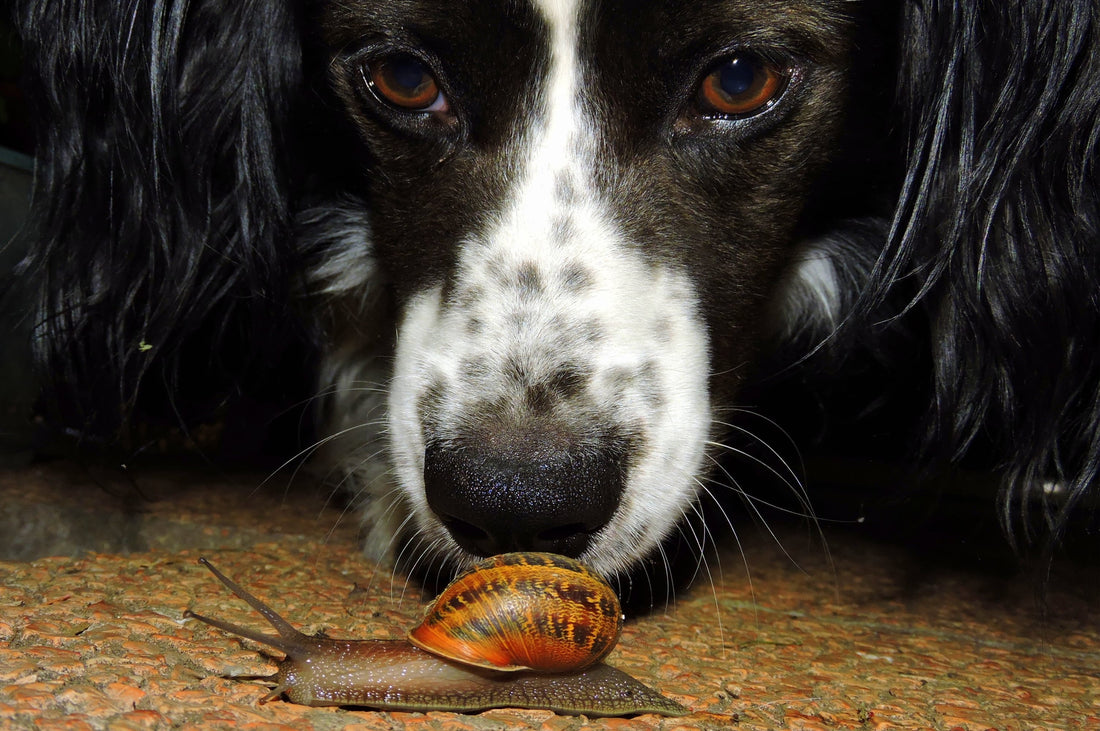
How to prevent accidentally poisoning your much loved friend
Share
What’s worse than stepping on a slug in your bare feet? Accidentally poisoning your much loved dog with slug poison!
If you have a problem with snails in your environment, be careful what you use to get rid of them. Your dog is prone to poisoning from household materials, especially your dog (who usually eats almost anything). One common toxin is metaldehyde, a common ingredient found in “snail bait” (molluscicides).
Slug and snail baits generally contain 3 percent metaldehyde and products are formulated as blue- or green-colored pellets, powder, liquid or granules. A dosage of 190 to 240 milligrams per kilogram of body weight is lethal for most dogs and cats. However, the toxic dose can range anywhere from 100 to 1000 milligrams per kilogram of body weight.
What to Watch For
Signs of poisoning in dogs begin within 1 to 4 hours of exposure and can be fatal if left untreated. Repeated seizures can cause very high body temperature, which can lead to complications similar to those observed in pets suffering from heatstroke. If there is a possibility that your dog or cat has been exposed to metaldehyde and exhibits any of the following symptoms, call your veterinarian immediately.
Diagnosis of Slugs and Snails Toxicity in Dogs
Metaldehyde poisoning mimics symptoms of other diseases and poisonings so your veterinarian will need to know that your dog may have ingested this type of poison. This will reduce the need for extensive diagnostic tests and specific treatment can be started earlier.
After a thorough physical examination, your veterinarian will probably recommend several diagnostic tests and treatments. These might include:
Treatment of Slugs and Snails Toxicity in Dog
Treatment of your dog will involve ridding the body of the toxin and treating the symptoms. Your dog will probably require hospitalisation for 24 to 72 hours. Your veterinarian may include any of the following in the treatment:
Home Care
Preventative Care
Prevention is always the best medicine. Keep your dogs away from areas where snail and slug poison are used or stored.
